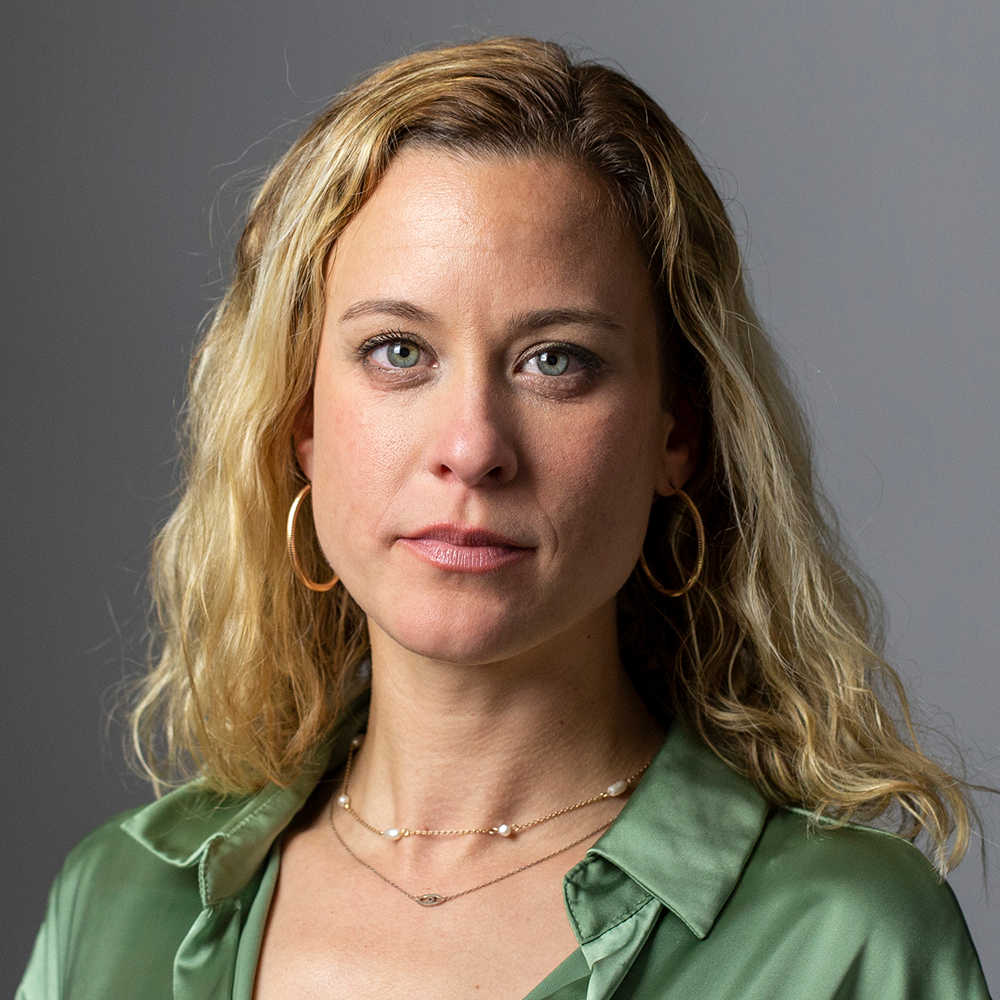

Switzerland Today
Dear Swiss Abroad,
Today, as the Federal Council sets off on its annual two-day excursion, attention shifts back to the international stage. The Swiss foreign ministry calls for Swiss traveling abroad to show greater responsibility in the rise of what it calls “dark tourism”, tourism to crisis areas.
Sunny regards from Bern,

‘No substitute for common sense’: the Swiss federal government is urging citizens to show greater personal responsibility when travelling abroad, particularly amid a growing trend of what it calls ‘dark tourism’.
Speaking at a press conference in Bern on Thursday, Marianne Jenni, head of the Consular Directorate at the Swiss foreign ministry, noted that Swiss citizens undertake around 12 million trips abroad each year – and the number is rising. While most are well prepared, there is increasing concern about so-called “dark tourism” to crisis areas like Syria, North Korea, Afghanistan, and other places on a list of 24 countries for which the foreign ministry strongly advises against travel. In such regions, Swiss assistance may be limited or unavailable.
Jenni reminded the public that while consular services can offer emergency support, travellers themselves bear primary responsibility for their safety. “We are not a substitute for common sense,” added Yvonne Rohner, head of the consular protection section at the foreign ministry. There is no legal right to consular protection, she added.
The Swiss foreign ministry also took the opportunity to promote the “Travel Admin” app, which allows users to register their journeys with authorities. Despite its usefulness, it remains underused, the ministry said.
The foreign ministry is currently dealing with 188 cases in which Swiss citizens have legal troubles abroad; 62 of them involve suspected drug offences. Rohner described this number as “very minimal”. On recent reports of entry issues for Swiss people travelling into the US, Rohner confirmed two cases in which travellers were briefly detained, but noted that no official intervention was necessary – both individuals had already returned to Switzerland.

Is the head of the United Nations Relief and Works Agency for Palestine Refugees (UNRWA) giving up? That’s the question raised by the Neue Zürcher Zeitung (NZZ) today.
An article by the NZZ took a critical stance on UNRWA head Philippe Lazzarini today, writing that he is a model professional when it comes to selling his own activities as indispensable. “For his goal, a Palestinian state, he obviously takes the risk of ignoring everything negative,” wrote the NZZ.
In a press conference in Berlin on Monday, Lazzarini criticised all actors except UNRWA for failing to uphold humanitarian principles. “Our teams are a model of what humanitarian work is and should be,” he stated.
He then described the situation in Gaza as a “dystopian horror” and condemned the newly introduced aid mechanism as an “abomination that humiliates and degrades desperate people.” Lazzarini added that there is a “very real possibility of the agency imploding in the face of extraordinary adversity”: a statement the NZZ interpreted as an open consideration of UNRWA’s dissolution.

The Swiss federal government has decided not to co-finance the next national exhibition, citing financial constraints and competing political priorities
The national exhibition event is held every around 25 years with the aim of offering a snapshot of prevailing cultural, political and economic trends in Switzerland.
The next edition is planned for the 2030s – but without federal funding for now. In a statement, the government said its decision was based on strained finances and a negative budget outlook. It warned of broader limitations in fulfilling core federal tasks in the coming years and said supporting a large-scale event such as a national exhibition would be incompatible with ongoing efforts to consolidate public spending.
The first national exhibition took place in 1883 in Zurich, focusing on the role of education in driving economic growth. The last edition, Expo.02, cost the federal government around CHF1 billion ($1.25 billion). Other major events are planned between now and 2040 which also aim to foster national cohesion, the government added.
Although it will not provide immediate co-financing, the government said it still supports the idea of a future exhibition and welcomes ongoing initiatives. A special law will be drafted to define the legal framework for reviewing and selecting projects, along with the potential conditions for federal support. The consultation runs until October 16.

Europe’s happiest pensioners live in Switzerland, according to a new study.
The survey, conducted by market research institute YouGov on behalf of the life insurance company Swiss Life, found that 80% of Swiss residents aged 65 to 80 are highly satisfied with their lives. Drawing on Eurostat data, Swiss Life concluded that Switzerland leads Europe in life satisfaction among people of retirement age.
The study found no significant difference in life satisfaction between men and women, or between pensioners with and without children or grandchildren. However, income and health played a key role: higher earners were more satisfied overall, and satisfaction decreased in line with poorer self-reported health.
Less than a third of 65- to 74-year-olds reported feeling lonely at least occasionally. Some 60% of those aged 65 to 80 have grandchildren, and nearly two-thirds of those care for them at least once a month.
How do Swiss pensioners spend their time? The most popular pastimes are reading (77%) and watching TV (76%). Interestingly, more avoid social media altogether (39%) than use it daily (30%).

In compliance with the JTI standards
More: SWI swissinfo.ch certified by the Journalism Trust Initiative




























